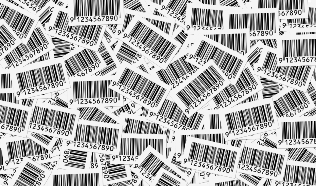 Congress should have mandated randomization of drug serial numbers, but they did not, so it is up to each manufacturer to recognize the importance it would bring to the protection of their brands and of the supply chain. Let me explain.
Congress should have mandated randomization of drug serial numbers, but they did not, so it is up to each manufacturer to recognize the importance it would bring to the protection of their brands and of the supply chain. Let me explain.
The text of the Drug Supply Chain Security Act (DSCSA) was developed last year by Congressional staff in consultation/negotiation with various lobbying organizations—primarily the Prescription Drug Security Alliance (PDSA). The effect of the legislation is to create a way of protecting the U.S. pharmaceutical supply chain that relies primarily on product identifier authentication (PIA) (see “Product Identifier Authentication” and “The Aggregation Hoax and PIA”) for at least the first 10 years and possibly beyond. Continue reading DSCSA: Congress Should Have Mandated Randomization




